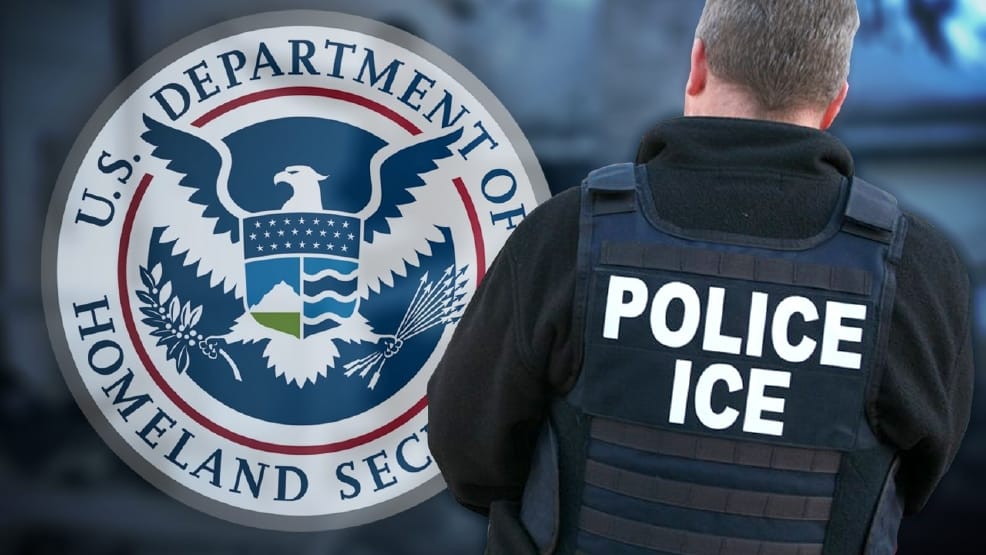In a notable development, the U.S. Immigration and Customs Enforcement (ICE) agency has announced that it made over 3500 arrests in the first week of Donald Trump’s return to office. This surge in enforcement activities has sparked considerable attention within the immigration community and the broader public. The news comes amidst heightened scrutiny on immigration policies and practices, as the Trump administration has historically focused on stricter enforcement measures.
ICE officials have stated that the arrests were part of routine operations and that they targeted individuals with criminal records or those who had previously been deported. The agency emphasized that the operations were aimed at ensuring public safety and enforcing immigration laws. Despite the significant number of arrests, ICE has not provided specific details about the locations where the arrests took place or the nationalities of those apprehended.
The announcement of over 3500 arrests has reignited debates about immigration policies and the role of ICE in the enforcement of these policies. Critics of the Trump administration’s immigration stance have raised concerns about the potential impact on communities and the humanitarian implications of increased arrests. Supporters, on the other hand, argue that stricter enforcement is necessary to maintain public safety and uphold immigration laws.
ICE has also reiterated its commitment to targeting criminals and individuals who pose a threat to public safety. The agency has reminded the public that its primary mission is to protect national security and public safety through the enforcement of immigration laws. The recent arrests are seen as a continuation of this mission and a reflection of the agency’s priorities under the Trump administration.
As the debate surrounding immigration policies continues, the arrests made by ICE in the first week of Trump’s return to office serve as a reminder of the ongoing tensions and complexities in the immigration landscape. With both sides of the debate holding strong opinions, the issue of immigration enforcement is likely to remain a contentious topic in the coming months and years.


